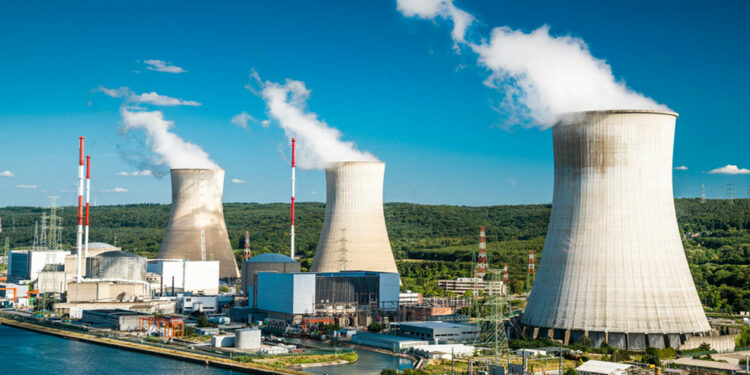Russia Finally Moves Forward on its Long-Awaited Nuclear Deal With East Africa’s Largest Economy
Russia and East Africa’s largest economy, Ethiopia, are moving forward to cement a nuclear deal that has been touted for years.
The Kremlin and the East African giants inked a nuclear deal on Thursday, urging the development and construction of a nuclear power plant in Ethiopia.
The CEO of the Ethiopian Electric Company, Ashebir Balcha, and Rosatom’s General Director, Aleksei Likhachev, finalized a strategic plan for the deal at a nuclear power forum, according to the RIA news agency.
The agreement includes plans to develop a comprehensive strategy and a “road map” for the project’s technical and economic foundation, as well as an intergovernmental agreement to move forward.
The deal further calls for staff training in plant operations and nuclear sector development, as seen on Reuters.
This comes as Russia accelerates several bilateral agreements with some African countries, significantly expanding its presence on the continent.
Just yesterday, a report went out detailing Russia’s plan to establish two nuclear facilities in Niger.
Niger’s Mining Minister Ousmane Abarchi disclosed the country’s intention to construct two 2,000-megawatt nuclear reactors in collaboration with Russia’s state-owned nuclear powerhouse, Rosatom.
The mining minister, on Thursday, spoke at a nuclear symposium in Moscow, urging Russia to strengthen its collaboration in the energy sector.
“Please, let’s develop our uranium deposits together,” he said.
Rosatom CEO Alexei Likhachev lauded the initiative, calling it “extremely interesting.”
Additionally, Russia signed a wide-ranging cooperation agreement with Sudan to modernise the country’s transport system, including railways, ports, airports, and civil aviation.
Along with infrastructural commitments, both sides agreed to initiate training programs for Sudan’s central bank and explore strategies to grow their bilateral trade outside agriculture.
Future collaboration will encompass metal, fertilizer, machinery, and medical exchanges, with both governments emphasizing the importance of diversifying economic ties and strengthening Sudan’s economy.








